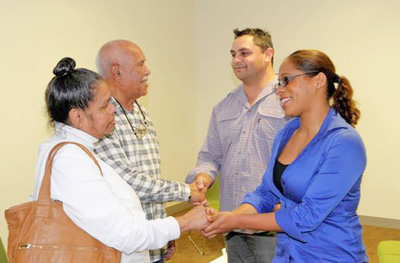When can mediation help?
Mediation can help whenever people involved in a dispute are willing and able to negotiate freely and 'in good faith' to resolve the issues in dispute - for example, we can help in disputes concerning:
The information below will help you to consider:

When is the best time to mediate?
Mediation can be held at any time before, during and even after court proceedings. Mediation doesn't have to be a 'last resort'. It can help when a deadlock has been reached in friendly discussions as well as in disputes that have become very serious. It is worth remembering that sometimes, people need some time before they agree to mediate so that they can:
Consider and compare other options.
Overcome anger, fear or other negative emotions.
Get more information or advice about their situation
Consider other commitments (such as work, health, family and financial) that might make it difficult to arrange a time.
When can't CJC mediation help?
In some cases, mediation is not possible because, for example:
A person involved in the dispute will not agree to mediation (mediation is voluntary unless a court has ordered you to attend).
There might be safety concerns or reason to fear violence.
A person involved in the dispute is not able to speak up for themselves or negotiate on their own behalf and this makes mediation unsuitable.
The issue affects the wider community, so that there might be a 'public interest' in having a court decide it.
The issues in the dispute are very complex or otherwise not suitable for mediation.